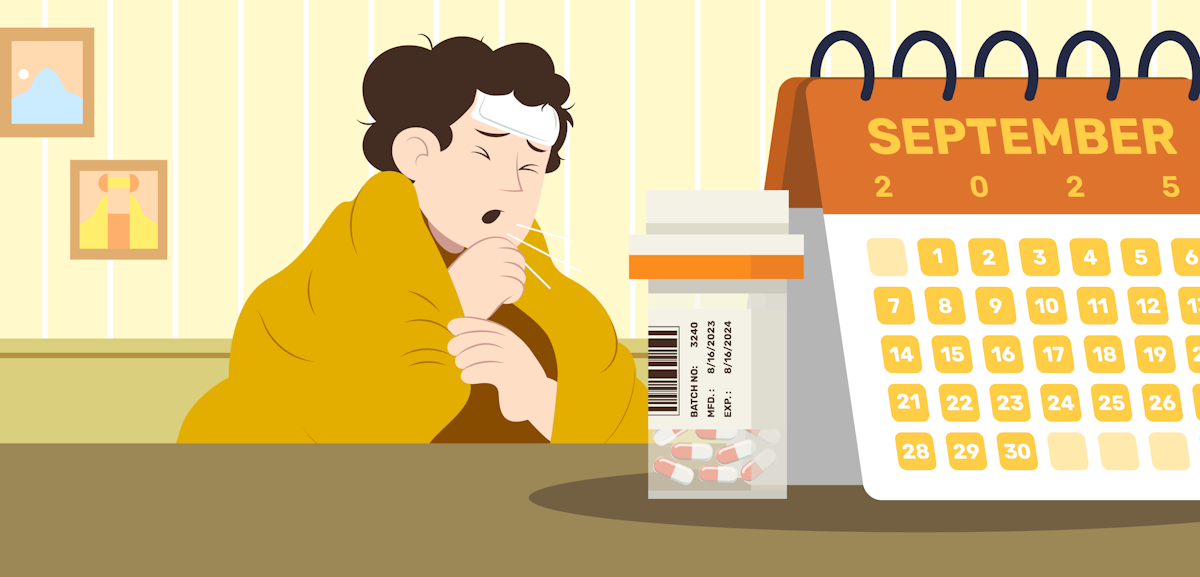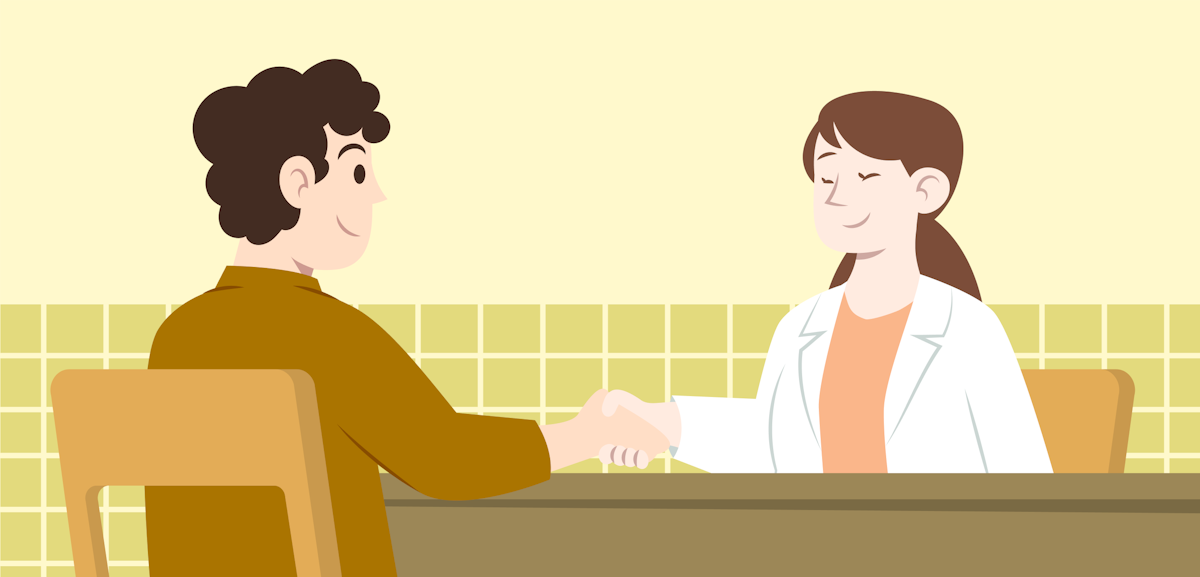
By Dwight Joseph Domingo, MD, FPCP

By Dwight Joseph Domingo, MD, FPCP
Learn why you must always see a doctor before taking antibiotics to correctly treat bacterial infections and prevent resistance.
Antibiotics have saved millions of lives, but they are not magic pills that cure every illness. They only work against bacterial infections—not colds, flu, or other illnesses caused by viruses. Knowing when antibiotics are needed, and why you should always see a doctor first, is key to protecting your health.

Think of antibiotics as special medicines designed to fight bacteria. For example, cefuroxime axetil is one antibiotic that doctors may prescribe for lung, throat, ear, skin, or urinary tract infections. But here’s the important part: antibiotics do not work for colds or flu, because those are caused by viruses.

Not all fevers or coughs mean you need antibiotics. A doctor will check carefully whether your illness is caused by bacteria or a virus. They will also look at your symptoms, medical history, and allergies. Only a doctor can decide if an antibiotic is the right treatment. Guessing or self-medicating can be risky.

Many people take antibiotics the wrong way—buying them without a prescription, using leftovers, or stopping too early. This is dangerous because:

You should see a healthcare professional if you have:
Your doctor can tell if antibiotics are really needed, or if another treatment will work better.

Here are simple but powerful steps:
Antibiotics are life-saving medicines, but only if we use them wisely. If we misuse them, they may stop working in the future. The World Health Organization warns that if resistance continues to grow, even small infections could become dangerous again. By following your doctor’s advice and taking antibiotics responsibly, you help protect yourself, your family, and future generations.

Not every sickness needs antibiotics. The safest first step is always the same: see your doctor before starting any antibiotic.
8